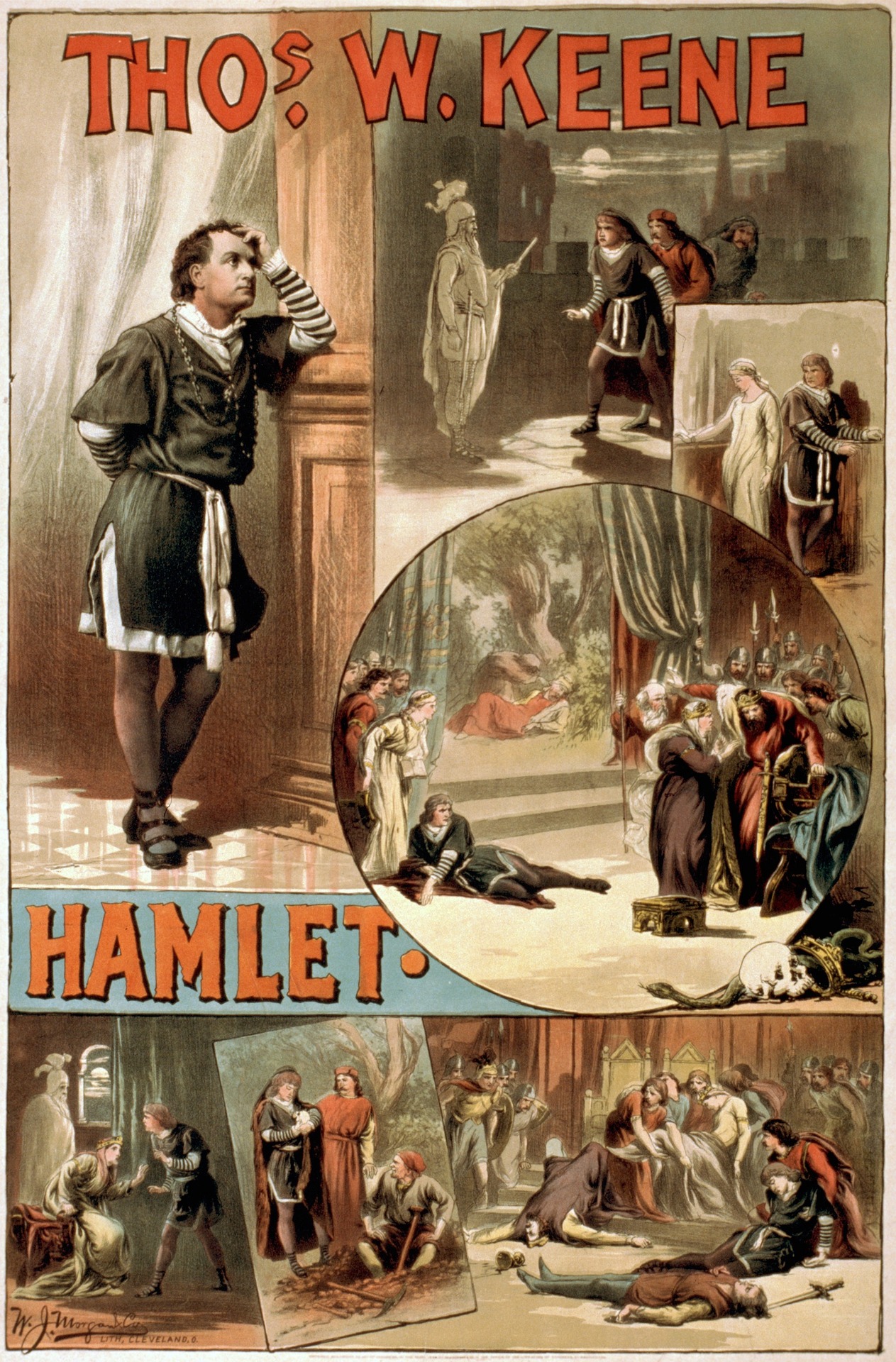Political Corruption in Hamlet

Shakespeare‘s play Hamlet is widely regarded as a masterpiece of English literature. It is a complex work that explores a variety of themes, including power, revenge, and madness. Political corruption is also a key theme in the play, and it is evident in the actions of many of the characters.
The play is set in Denmark, where the royal family is embroiled in a web of political intrigue. The king, Claudius, has usurped the throne by murdering his brother, Hamlet’s father. Claudius is a master manipulator who uses his charm and cunning to maintain his grip on power. He is also a deeply corrupt individual who engages in all manner of unethical and immoral behavior to achieve his ends.
One of the most striking examples of political corruption in Hamlet is Claudius’s willingness to use violence to achieve his goals. He orders the death of his own nephew, Hamlet, in order to prevent him from challenging his authority. He also hires spies and informants to monitor his enemies and ensure that he remains in control.
Claudius’s corruption extends beyond his use of violence, however. He is also a consummate liar who uses deception to manipulate those around him. He lies to Hamlet about the cause of his father’s death, claiming that he died of natural causes. He also lies to the people of Denmark, portraying himself as a wise and just ruler while hiding his true intentions and actions.
Hamlet himself is not immune to political corruption. He becomes obsessed with revenge after learning of his father’s murder, and he is willing to engage in all manner of questionable behavior to achieve his ends. He pretends to be mad in order to gain an advantage over his enemies, and he even murders an innocent man in the mistaken belief that he is Claudius.
The corruption in Hamlet is not limited to the royal family, however. Polonius, the chief counselor to the king, is also a corrupt and scheming individual. He uses his position of power to further his own interests, and he is willing to betray those who trust him in order to achieve his ends.
One of the most disturbing aspects of the political corruption in Hamlet is the way in which it affects the lives of ordinary people. The people of Denmark are forced to live in a society where violence and deception are the norm. They are constantly at risk of being caught up in the power struggles of those in positions of authority, and they are powerless to do anything about it.
In many ways, the corruption in Hamlet reflects the political realities of Shakespeare’s own time. The play was written during the reign of Queen Elizabeth I, a period of great political instability and intrigue. Shakespeare himself lived through a period of great social and political upheaval, and his work reflects the turmoil of the era.
Despite its bleak portrayal of political corruption, Hamlet also offers a glimmer of hope. The play suggests that there is a way out of the cycle of violence and deceit that characterizes corrupt political systems. This is exemplified by the character of Horatio, who remains loyal to Hamlet throughout the play and who refuses to engage in the corrupt behavior of those around him. Through his example, the play suggests that it is possible to maintain one’s integrity and decency even in the most corrupt and dangerous of environments.
In conclusion, the theme of political corruption is a central one in Hamlet. It is evident in the actions of many of the play’s characters, from Claudius to Hamlet himself. The corruption in Hamlet reflects the political realities of Shakespeare’s own time, and it serves as a warning against the dangers of unchecked power and ambition. Despite its bleak portrayal of political corruption, however, the play also offers a message of hope. Through the character of Horatio, it suggests that it is possible to resist the corrupting influence of power and maintain one’s integrity and decency even in the most challenging of circumstances. Horatio stands out as a moral compass amidst the political turmoil, showing that it is possible to remain true to one’s principles and act with honor even in a corrupt and treacherous environment. Ultimately, Hamlet reminds us of the consequences of political corruption and the importance of upholding ethical values in the face of power and greed.
*****
Read More: Hamlet by William Shakespeare


